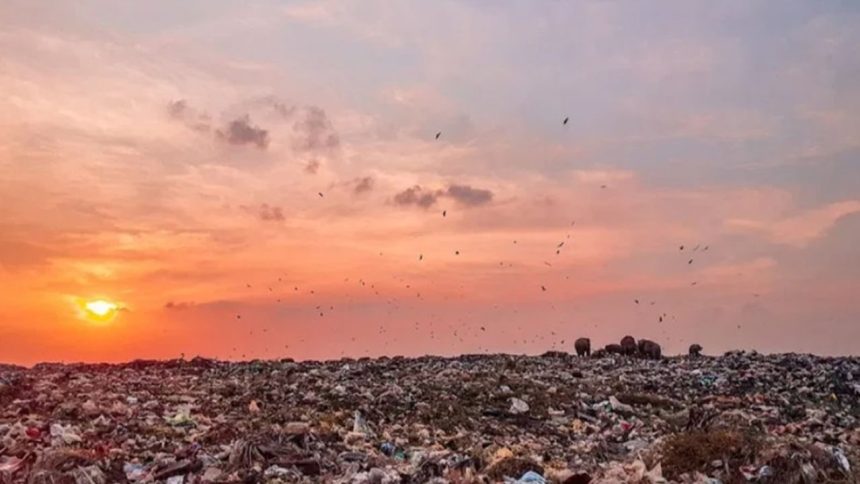New Delhi: India has made significant progress in climate justice and equity in the last ten years, which has helped in reshaping the global climate narrative. During FY 2024-25, India made significant progress in renewable energy, achieving its highest-ever annual capacity addition. The progress reflected India’s strong commitment to a cleaner, greener future.
Notably, during the COP21 (Conference of Parties 21), which was held in Paris, India vowed to achieve 40% of its installed electricity capacity from non-fossil fuel sources by 2030, a goal which was met in November 2021. At 2021 COP26 in Glasgow, PM Modi launched LiFE (Lifestyle for Environment). The same encouraged sustainable habits as well as the promotion of mindful consumption over wasteful use.
Three years later at COP29 in Baku, India showed the world how it progressed in clean energy and climate adaptation through partnerships across the globe. During the event, sessions focused on disaster-resilient infrastructure, industrial decarbonization, solar energy, and women-led climate action, in collaboration with Sweden, among others.
Also, India made significant growth in renewable energy during FY 2024–25. During this financial year, the country achieved its highest-ever annual capacity addition, reflecting India’s strong commitment to a cleaner as well as greener future. In the last financial year, India added 29.52 GW of renewable energy capacity, increasing the total installed capacity to 220.10 GW, up from the previous 198.75 GW in FY 2023–24.
Notably, between 2014 to 2025, the installation capacity of solar energy witnessed a 25.46-fold increase, surging from 2.82 GW in 2014 to 71.78 GW in April 2025. Solar tariffs too dropped by 65%, making them the cheapest across the globe. Among the other steps taken, India is also paving the path towards a sustainable future through clean energy initiatives.
Among other steps taken to make India a global hub for green hydrogen production and export, India launched the National Green Hydrogen Mission in 2023. The mission targets 5 MMT annual capacity by 2030, with more than Rs 8 lakh crore in investments.
Apart from these, there are various projects launched by the government over the years which are PM Surya Ghar: Muft Bijli Yojana (PMSGMBY), PM-KUSUM (Pradhan Mantri Kisan Urja Suraksha Evam Utthaan Mahabhiyan) Scheme, UJALA Scheme, among others.
